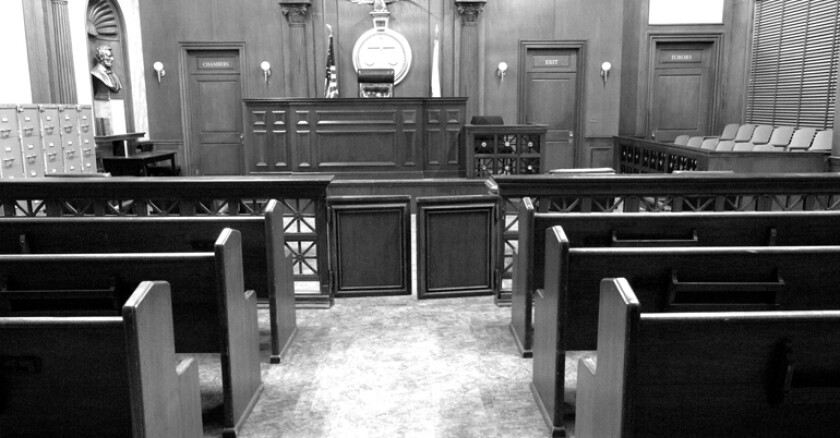You might be surprised to learn that three out of four states allow just that, using state bar associations as licensing boards tasked with regulating the conduct of their membership. It’s an old tradition, dating back to the 1920s. But in California, the idea’s days are numbered.
The State Bar of California has for years faced complaints that it not only failed to crack down hard enough on misbehaving lawyers, but failed to run its regulatory functions efficiently. Last year, State Auditor Elaine Howle released a report complaining that the bar routinely allowed the backlog of misconduct cases to grow into the thousands. She also found that it reduced a backlog of more than 5,000 cases in 2010 by settling a few of them with penalties that were later declared by the state Supreme Court to have been too lenient.
Among other sins, Howle also found that the bar was paying its officers far more than state employees running comparable or even larger agencies. In at least one year, more money was spent on travel and office renovation than was devoted to professional discipline.
The legislature seems to have had enough. Last year, legislators debated a bill that would have blocked the bar association from collecting dues unless it divorced its regulatory functions from its work as a trade association and appointed more non-lawyers to its board of trustees. Thanks to a recent U.S. Supreme Court ruling, licensing bodies can be subject to antitrust complaints if a majority of their board members come from the profession being licensed.
Rather than agreeing on a reform package, the legislature ended up simply refusing to pass the normal yearly bill that allows the bar to collect dues from its members. The state Supreme Court stepped in, giving the bar authority to collect dues on an interim basis. With the handwriting on the wall, the bar association is now working to “deunify” its regulatory and trade association functions on its own.
The kinks are still being worked out, but to the bar’s critics, the move is long overdue. How can a private entity regulate practitioners on behalf of the state, while also lobbying the state on behalf of practitioners? “On its face, it’s ridiculous,” says Robert Fellmeth, a law professor at the University of San Diego. “The state is separate from private interest groups. They’re not an agency and they never should have been an agency, or a public entity.”
Something is bound to change this year in California. The question now is whether its example will prompt action in any of the three dozen other states that use the bar to regulate its members.
Most lawyers, like most people who practice other professions, are honest. Maybe most of them could be trusted to stand guard over their peers. But there will always be dishonest lawyers happy to take advantage of a system that’s rigged in their favor. Somebody from the outside needs to keep watch on them.









